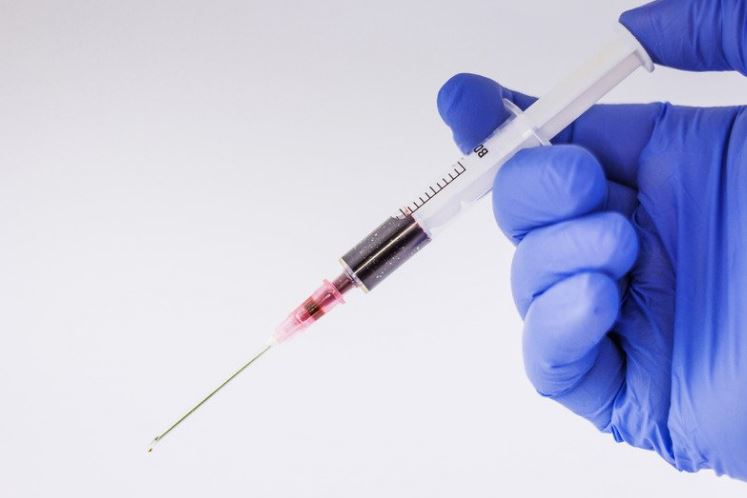|
Friend –
Getting COVID-19 vaccines into the arms of Michiganders and Americans is an essential part of getting through this public health and economic crisis.
I’m pushing to pass critical, additional resources to aid those efforts and working closely with President Joe Biden to ensure every Michigander can be vaccinated. I was proud to join President Biden on Friday at the Pfizer facility in Portage, where Michiganders have developed, manufactured and distributed a safe, effective vaccine quickly.
Biden_Pfizer_Visit-03.png)
While we celebrate their remarkable work, I know that many people are also frustrated and angry at the difficulties they have experienced trying to secure vaccines for themselves or their loved ones.
I am encouraged that the Biden Administration is taking significant action to increase the availability of vaccines. The previous Administration failed to develop a comprehensive, effective plan to distribute vaccines, increase vaccine supply or leverage the federal government to ensure states could quickly get vaccines into people’s arms. Recently the Biden Administration announced they had secured an additional 200 million vaccine doses – enough to inoculate every American adult by the end of the summer. I’m also encouraged they are marshaling federal resources to stand up community vaccination sites, and it is vital that vaccines are distributed equitably as well – so that no community is left behind.
In the Senate, I am working with my colleagues to pass the President’s American Rescue Plan, which would provide robust relief to address this pandemic. It includes significant emergency support for struggling families and small businesses, to safely reopen school and to speed up vaccine distribution. The package has critical funding to educate the public as part of a national vaccination plan. It also would give FEMA needed resources that are vital to helping our state and local governments deploy COVID-19 vaccines.
This package has bipartisan support in Michigan and across the country, and is supported by mayors, governors and economic experts from across the political spectrum. I am hopeful we can pass and enact this urgently needed legislation soon.
As Chairman of the Senate Homeland Security and Governmental Affairs Committee, I will continue working to make sure the federal government is doing everything in its power to ensure that vaccines are free and widely available to every community as quickly and efficiently as possible.
Thanks for reading,

|



